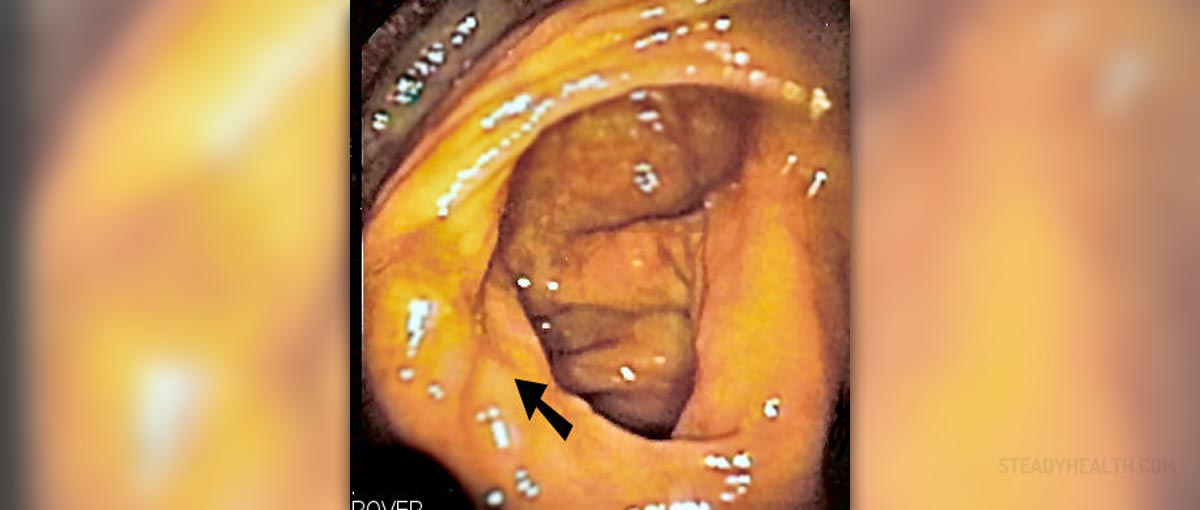
A colonoscopy is a procedure used to examine the condition of the gastrointestinal tract, in particular the rectum and the intestines. It is an outpatient procedure, performed to check for sources of bleeding and pain, as well as for polyps and cancer. Screening colonoscopy is recommended for everyone 50 years of age and older, and for those who have a family history of polyps and colorectal cancer.
Before the colonoscopy
In order to complete a successful colonoscopy, the patient must follow the instructions for emptying the bowel. If the bowel is not completely empty, the colonoscopy may have to be repeated. The preparation consists of drinking plenty of fluids and a solution given to the patient, which will stimulate the bowel movement.
In case the anus becomes irritated due to frequent watery stools, it can help to apply Vaseline, to soak in a tub full of warm water and to carefully wipe after each bowel movement.
During the colonoscopy
Before the procedure, the patient will be given a pain reliever and a mild sedative, in order to become relaxed, which is very important. The patient will lie on the left side, with the knees bent towards the chest. A small amount of air will be introduced in the bowel to expand it, which allows a better view. The procedure lasts from 30 minutes to one hour.
In this procedure, the physician uses a long and flexible instrument called colonoscope. The colonoscope is inserted through the rectum and advanced through the large intestine in order to provide a view of the intestinal lining. In case it is necessary, the physician can collect a small sample for biopsy and send it for analysis. It is also possible to identify and completely remove any existing polyps.
After the colonoscopy
Even though this is an outpatient procedure, the patient will have to stay in the recovery room for observation, but it usually does not take long before the patient is discharged.
After the colonoscopy, it is normal to expect some discomfort, cramping or sensation of having gas. This only lasts for a short while.
In most cases the patient can return to normal dietary habits immediately after the colonoscopy, but it is advised to wait one day before resuming all the normal activities, especially physical ones.
In case polyps were removed or biopsy was taken, there may be some light rectal bleeding. The patient should not take Aspirin or anti-inflammatory drugs, because they may cause a more significant blood loss. Instead, the pain can be relieved with acetaminophen, such as Tylenol.


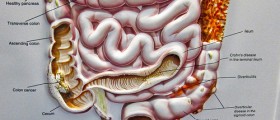

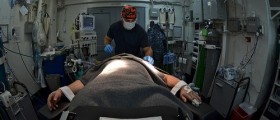
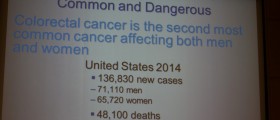
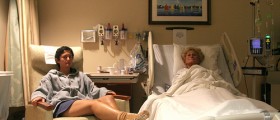


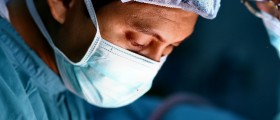




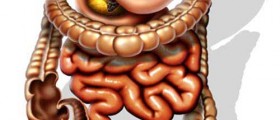
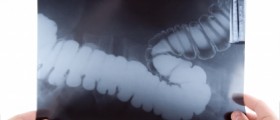
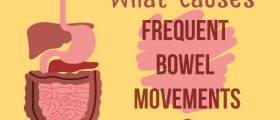
Your thoughts on this
Loading...